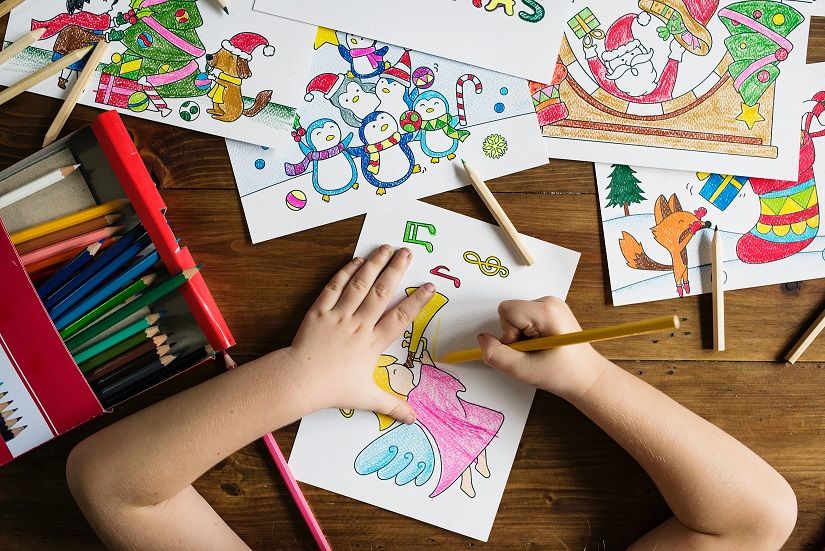We have all thought about what it means to be a parent from time to time, but have you ever wondered how our culture affects the way we view what we think is the right way to parent? In Norway, parents regularly leave children to sleep outside in -20 degree weather, in Belgium children are allowed to drink beer, and in Japan kids ride the metro alone just seven years old. While these behaviours may sound bizarre to us, to these parents they are the ‘right way’.
New parental perspectives
The implicit ideas we have about the right way to raise children are what Sarah Harkness, a professor of human development at the University of Connecticut, calls ‘parental ethnotheories’. These beliefs are so engrained in us that it is almost impossible to see them objectively.
But what if we could take off our cultural lens for a moment and try another perspective? What if we could look through the lens of one of the happiest countries in the world for over 40 years in a row and see what they believe is the right way to raise children. Is there anything we might learn? What if one of the secrets to their success was as simple as child’s play?
The land of free play
Denmark, the land of Lego and Hans Christian Andersen, is currently the third happiest country in the world (since 1973 it has never been lower than third) and one thing they do differently is the way their children play. Free play is unstructured and never led by adults. Since its introduction as an educational theory in 1871 it has been considered one of the most important activities a child can engage in.
“Free play is seen as crucial, not optional in Denmark,” explains Dorthe Mikkelsen, a Danish teacher at a fritid skole (free time school) where children are encouraged to free play after they finish regular school. “Play helps children process all of what they learn with others. It builds empathy, negotiation and skills that are so important for building the child’s self-esteem, not just in academia.”
Learning from animals
Scientists have been studying play amongst animals for years in a bid to understand its evolutionary purpose, and one thing they have found is that play is crucial for learning how to cope with stress. Hanging from bars, play fighting, chasing each other and learning how to negotiate are all things that occur in play.
Children practise putting themselves into fight or flight positions and other stressful situations to see how much they can handle, and then they manage how far they will go with it. Play helps children develop coping mechanisms, self-control and resilience, which has been proven to be a key factor in long-term happiness.
Playing well since 1932
Many parents feel lazy letting kids play freely and not programming their days with activities. But this is contrary to the research backing up its educational benefits and how the current number one happiest country in the world, Finland, also sees play as a fundamental learning tool for children. Finland happens to be a global leader in education as well. Is it time we took play more seriously?
It’s interesting to consider that Lego, the world’s biggest toy company, was invented by a Danish carpenter in 1932 who watched children play and use their imaginations freely. This inspired him so much that the word Lego is actually a contraction of the words ‘leg godt’, which when put together means ‘play well’. Even then, Danes knew that being able to ‘play well’ was a building block for a future empire of happiness.
Like the internationally-loved Lego blocks, learning to ‘free play’ seems like a parental ethnotheory worth importing.


